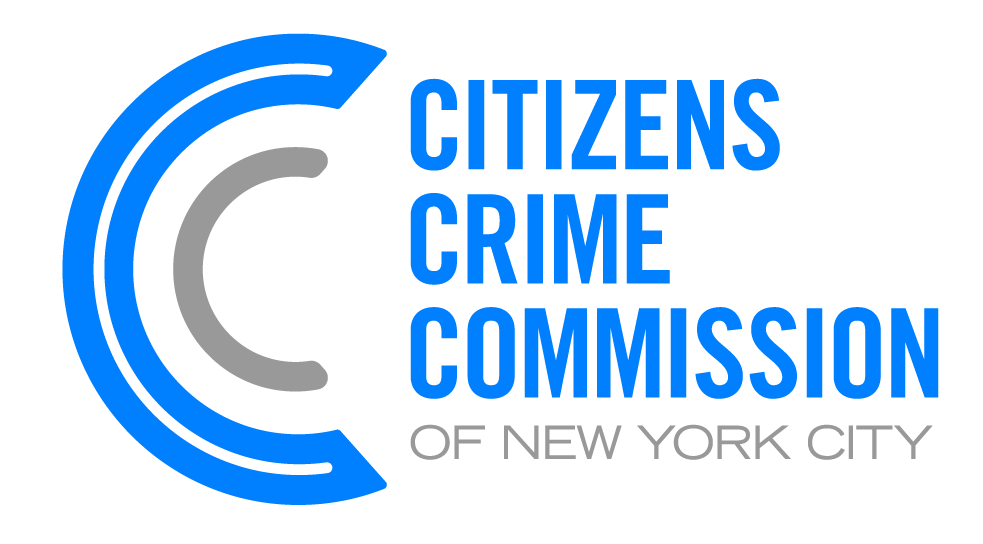Tips for Helping a Loved One
Create a Private Space
Talking to your loved one about your concerns requires a lot of sensitivity and thoughtful communication. Choose a time and place where you both feel comfortable and safe. If the conversation is happening virtually, it might be best to express your concerns in private messages instead of in public-facing comment sections.
Be Curious, Not Confrontational
Arguing with your loved one will not change their minds. In fact, if they feel mocked or belittled they may double down on their beliefs. Don’t start off by condemning their beliefs or trying to prove them wrong. Instead, try to get them to open up about how they came to believe what they believe. It’s crucial to listen actively, validating their feelings and creating a space where they feel heard and understood. Hateful beliefs can sometimes arise from feelings like fear, helplessness, and loneliness. Conspiracy theories and extremist messaging can provide a kind of comfort to those who believe them, temporarily alleviating those feelings. Encourage your loved one to share their thoughts and concerns without fear of judgment or criticism.
Show Them You Care
Express your feelings using "I" statements, emphasizing your care and worry for their well-being. Make it clear that you love them, respect them, and want to work toward a better future together. Encourage them to seek help from a DEEP specialist or other trained mental health professional who can help them face uncomfortable emotions or difficult situations.
Stay Connected
Understand that it takes time to change beliefs. One conversation is not likely to change your loved one’s mind, but by continuing to show empathy and listening without judgment, you can help them shift their perspective little by little. Try to stay involved in your loved one’s life. Plan activities together and keep them focused on shared interests or happy memories outside of their extremist beliefs.
If you believe your loved one's behavior poses an immediate risk to themselves or others, don't hesitate to reach out to 911 for local law enforcement or for 988 the suicide crisis hotline. These services can help ensure the safety and well-being of everyone involved.
Take Care of Yourself
Supporting someone consumed by hate or anger can take a toll on your own well-being. Remember to take care of yourself. Set limits with your loved one if they are not showing you the same respect you are giving them. It’s okay to walk away from a difficult conversation if you feel yourself getting angry or overwhelmed. Reach out to trusted friends, family members, or your local county mental health center for support if you need it.
For more information, please visit our sister website at SpeakSafelyNY.com. There you will find resources and guidance for helping you talk to friends and loved ones who might be on the path toward extremism.

